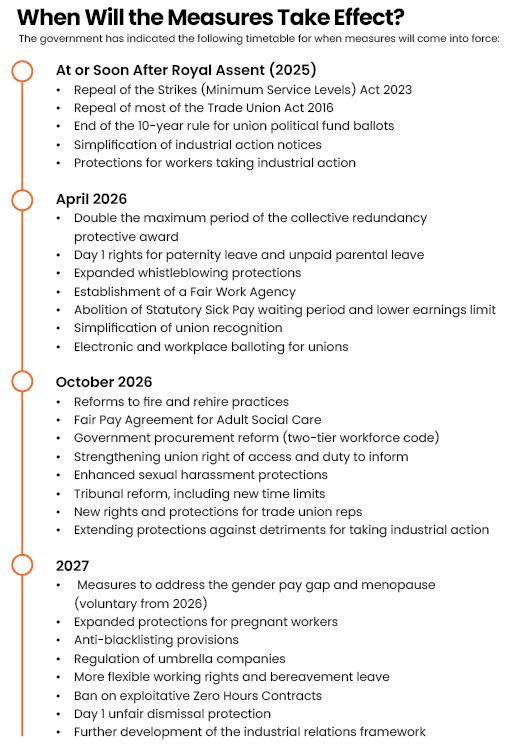Tackling Division at Work
- msmithorganiser
- Oct 21, 2025
- 3 min read

Union Builders know that employers will tend to latch on to anything that helps them divide their workforce and set them against each other as we try to build unity and solidarity.
Many of the working practices that union builders face such as zero and micro hours working and outsourcing have division built into them for this reason and can create invisible sections of the workforce, where exploitation can be easily ignored or overlooked
Major Unions report that the rhetoric of the far right is appearing in more and more workplaces. This drives these wedges between us further with its emphasis on nativism, white supremacy, misogyny and anti migrant racism
Reform UK is the Parliamentary wing of this new upsurge in far right organisations and hate campaigns such as Unite the Kingdom, UKIP, Britain First and Advance UK. Together they have a plan to sow division, defeatism and despair in both our communities and our workplaces. Union builders are increasingly required to have difficult conversations with work colleagues to counter the simplistic narratives being pushed by Reform UK: in order to offer unity in the face of division, hope in the face of despair and solidarity in the face of hate.
But not all Reform UK supporters are the same. Our conversations have to be more effective than denouncing colleagues or swamping them with “myth busting” facts. Research carried out by Hope not Hate of Reform UK supporters, State of HATE 2025 | HOPE not hate and set out in this blog with permission, shows that Reform UK, like all other major political parties, is made up of a broad coalition of voters, many of whom have quite different views from each other. Union builders should assess how big each group might be where you work to inform your approach:
The WORKING RIGHT (22.5% OF POTENTIAL REFORM VOTERS) Strongly pro-workers’ rights, but also hold a very negative view of immigration, Muslims and climate change policies Likely drawn to Reform over immigration concerns Typically middle-aged and renters 86% have below degree-level qualifications Highly supportive of Tommy Robinson Nearly half (47%) believe violence can be justified in certain circumstances Over half of the people in this group (53%) believe that Britain should be a white, Christian country, with its values and identity reflecting this
RADICAL YOUNG MEN (12.1%) A group mostly drawn from the younger generation (ages 18-44), with a relatively high share of BAME people (these ethnicities are barely present in the other segments) Not anti-Muslim/immigration, and among the most likely to want both skilled and unskilled immigrants. Tendencies towards antisemitism and conspiratorial thinking. Much more likely to use social media for news 55% of this group (by far the highest among all segments) believe violence can be justified in certain circumstances. Six out of ten in this group believe that feminism has gone too far making it harder for men to succeed. Largely favourable towards more left leaning figures such as Jeremy Corbyn and George Galloway, but are also most attracted to Andrew Tate
MODERATE INTERVENTIONIST (19.1%) This segment leans positively towards immigration, with members also being pro-worker and more pro-state. They are largely in favour of multiculturalism, with 73% saying Britain should be multicultural (compared to 23% of Reform voters overall). The segment with the highest percentage of women (52%) Drawn to Reform due to a belief that other parties have failed. 14% voted Labour in 2024. The least likely to agree that violence can be acceptable under certain circumstances They dislike Tommy Robinson and Andrew Tate more than other segments
OLDER AUTHORITARIAN RIGHT (26.1%) This group is pro-climate and anti-immigration, but also holds pro-public ownership and pro-state regulation opinions These people are largely older, with more than 60% being over 55 years of age. 83% have below degree-level qualifications and two-thirds are home owners. They are largely disillusioned with the political system and pessimistic about the future. 53% voted Conservative in 2019 60% are Christian (compared to 50% of Reform voters)
TRADITIONAL CONSERVATIVES (19%) Well over a third of this group’s members are pension-age and 70% are older than 55 More likely than other groups to own their house outright Voted heavily for the Conservatives in 2019 They have favourable views of Kemi Badenoch and Elon Musk. They are more likely than others to consume news via GB News
Three powerful themes emerge overall across these groups for us to develop a plan to tackle where we work – disappointment in recent Governments to deliver change and improvement, attacks on feminism specifically and normalising misogyny generally and white supremacist/nativist language of “empire thinking”
The Organising for a Change podcast (Episode 20) will discuss some of these themes further with experts in the field and can be found alongside other episodes at Organising For A Change - the podcast for union builders | Podcast on Spotify from 31st October 2025


Comments